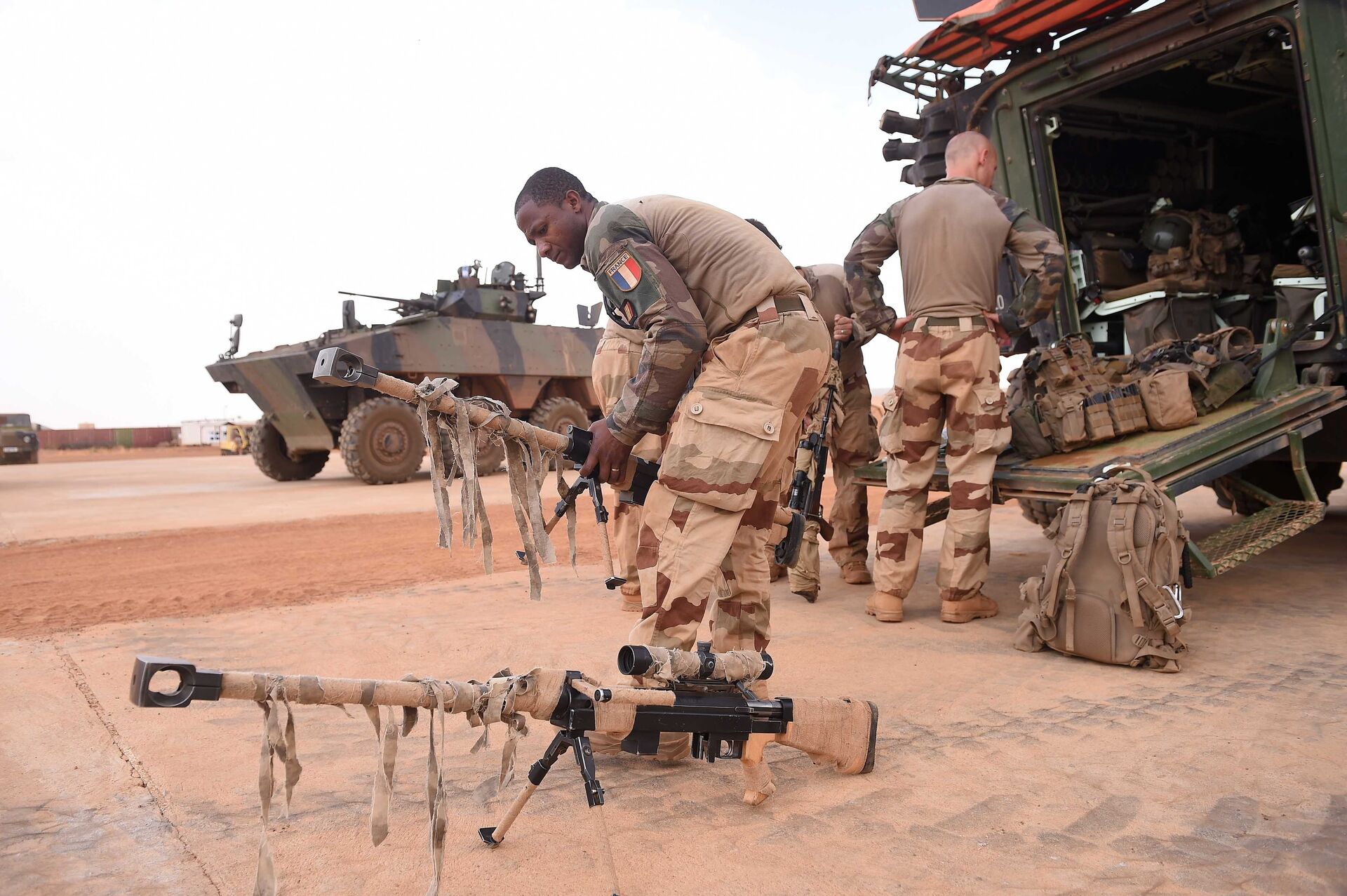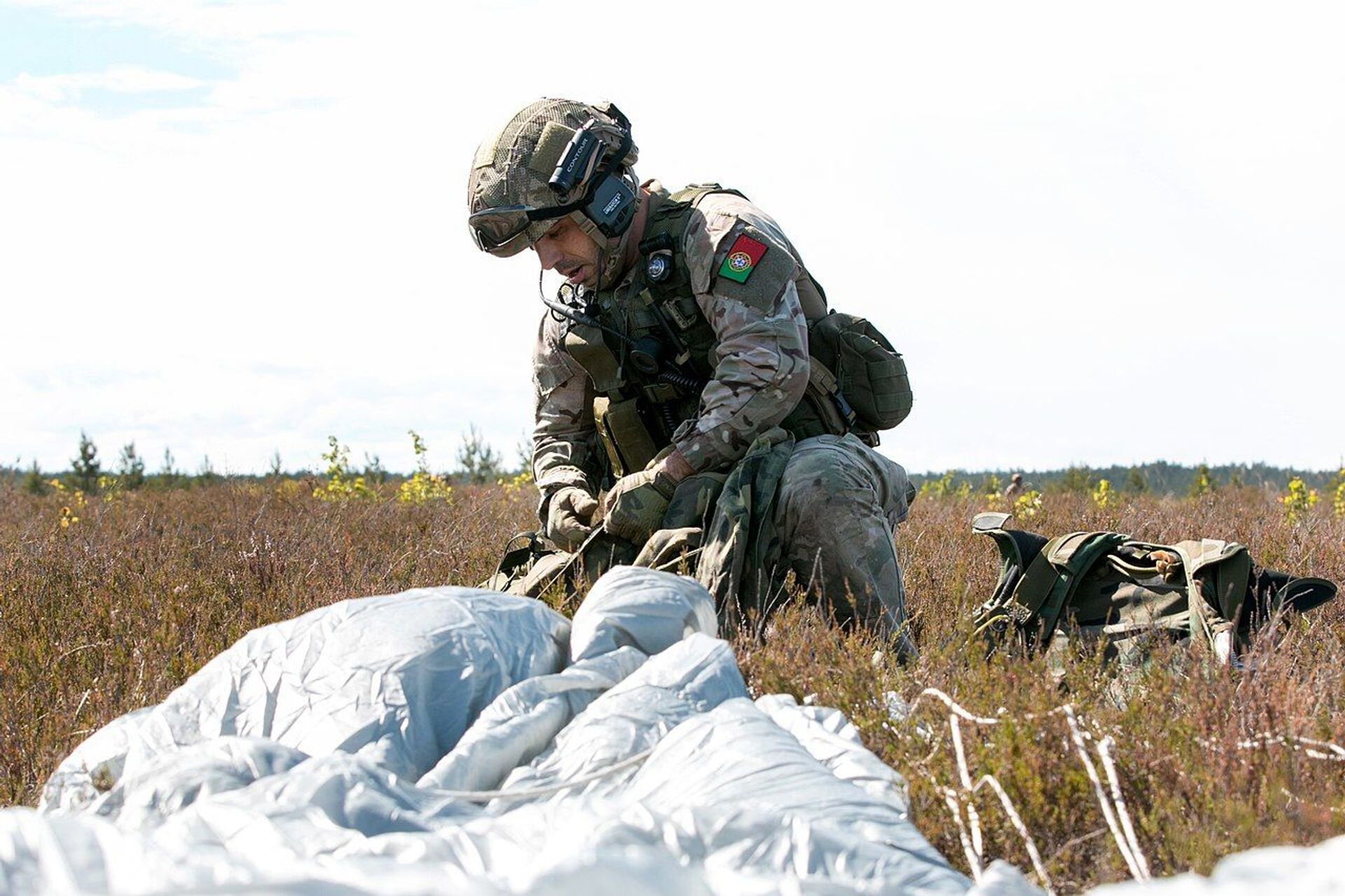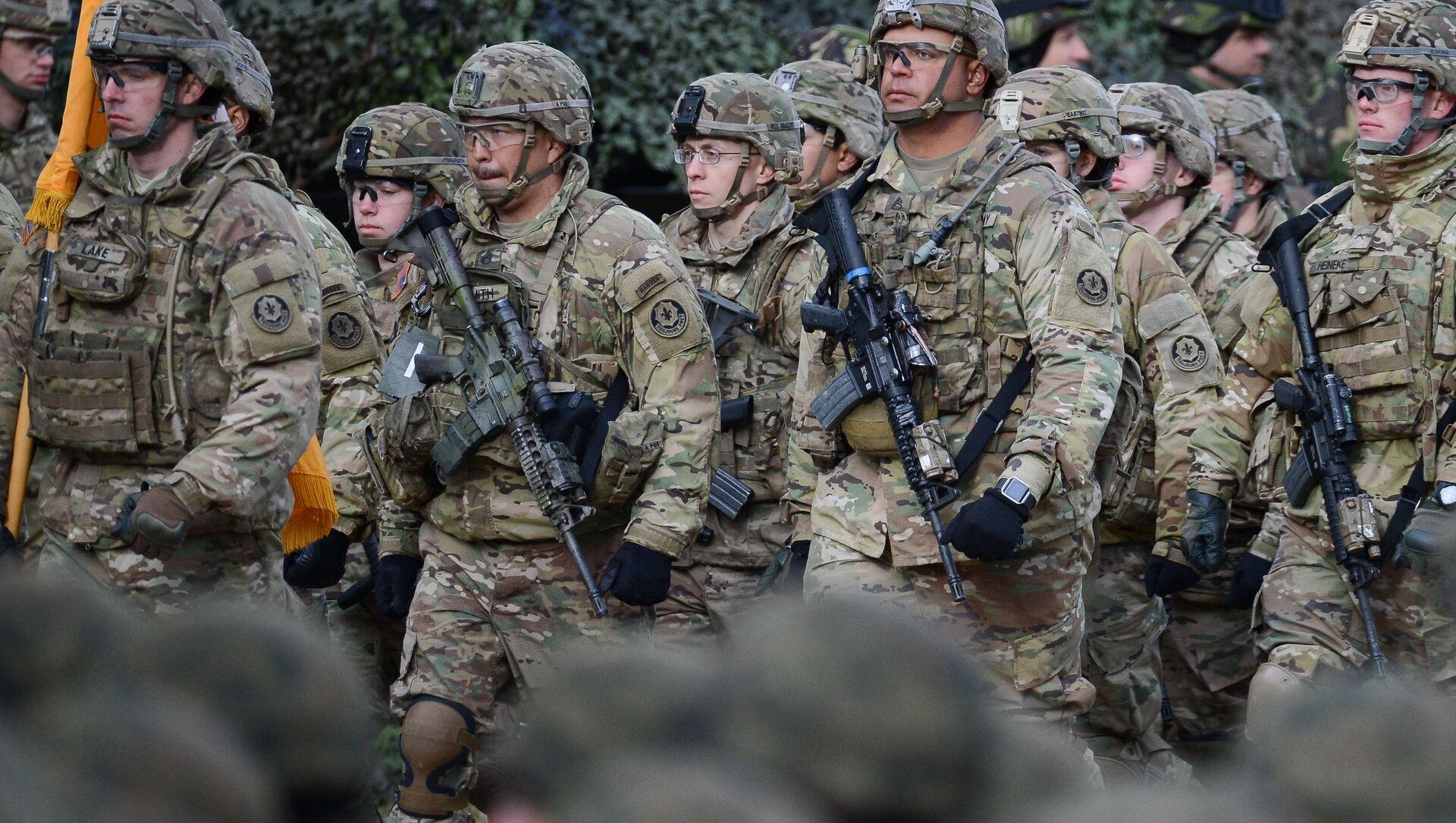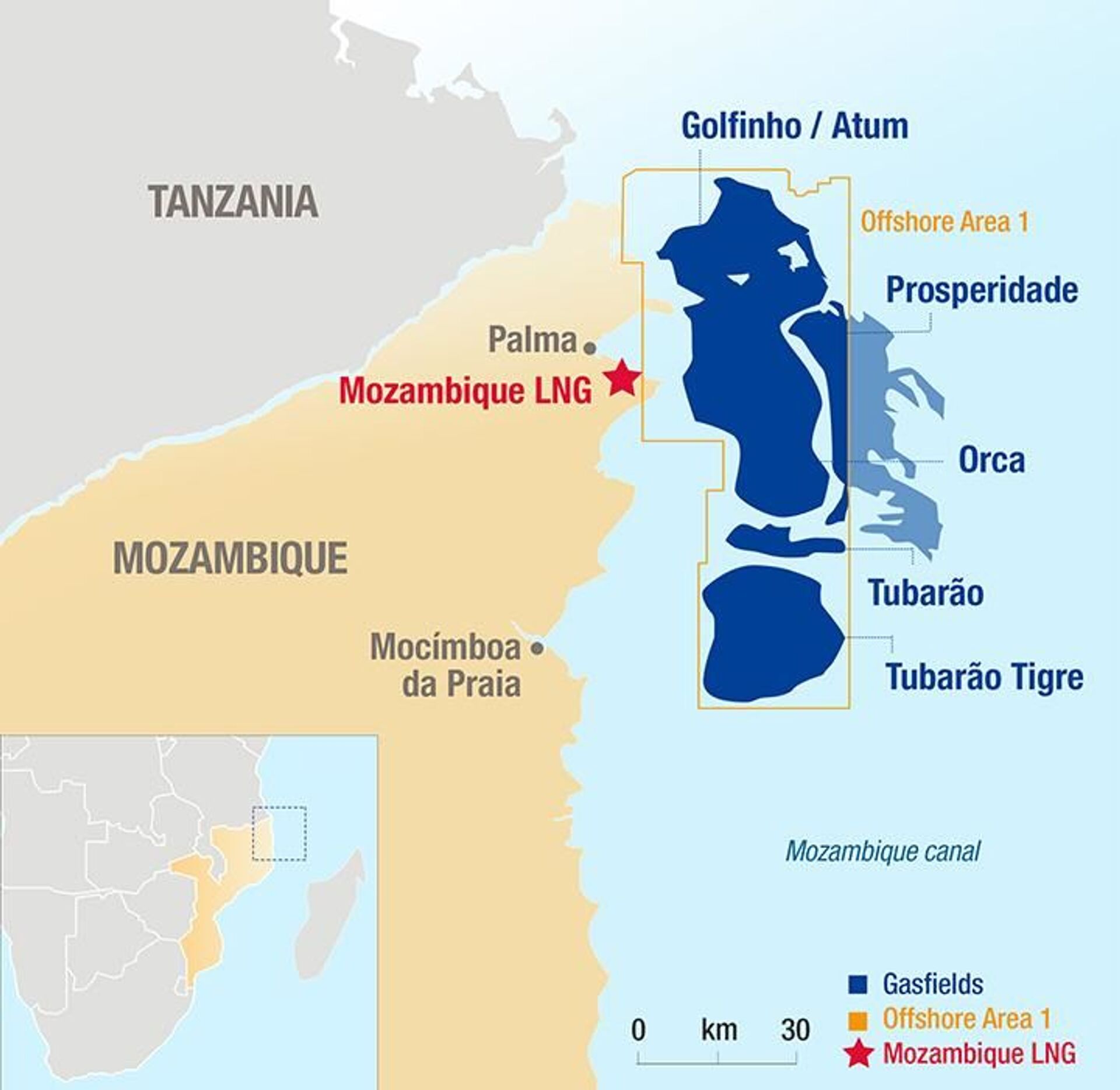In Mozambique’s northern Cabo Delgado province, a militant movement among the Muslim population has slowly been gaining steam since 2017. The group recently pledged itself to Daesh despite no demonstrable link between them, drawing the attention of Western powers already involved in apparent anti-terror campaigns elsewhere in Africa.
As Sputnik has reported, the movement Ansar al-Sunna, known locally as al-Shabab (“the youth”), is more so fueled by anger at the exploitation and displacement that the LNG projects and ruby mining by Western multinational corporations has wrought in the province, which is among Mozambique’s poorest, than it is by a serious dedication to a militant Muslim ideology.
EU’s Rapid Response Force
Josep Borrell, the European Union’s foreign policy chief, said Thursday after a G7 summit in London that the EU was planning on sending a military training mission to Mozambique “as soon as possible.”
"The Mozambique government has been asking for help, we will try to send a training mission...in order to contain the security situation," Borrell told reporters. "If we are not able to send the mission by the end of this year, I would not consider this as a good result. I would hope we would do it before.”

Borrell compared the potential EU mission to the bloc’s present involvement in the Sahel, which involves a mixture of humanitarian aid, investment via an EU Trust Fund for Africa, and several military deployments that “include training, advising and offering direct support to security forces, with the ultimate objective of reinforcing national capacities,” according to a 2020 European Parliamentary Research Service report.
Borrell’s announcement also comes as the EU has once again revived talk of creating a 5,000-strong “rapid reaction force.” According to AFP, the proposal has the support of 14 of the bloc’s 27 members and is intended “to be able to deploy quickly this response force if for instance you have a legitimate government in a specific country which is afraid of a possible takeover by a terrorist group,” according to a senior EU official who spoke anonymously with the agency. Discussions on the issue began in Brussels on Thursday.
Borrell has hailed the initiative, saying "I think that it's good to have the capacity to intervene immediately if you really want to be a geopolitical power. We should be able to act as quick[ly] as needed." However, previous attempts to organize a rapid response force have never yielded results thanks to persistent disagreements about nations supplying funding and forces.
Former Colonizer Portugal Gets More Deeply Involved
"Portugal has already offered half of the staff and sent military instructors but that has to be considered as an advance to be integrated into a European Union training mission if we finally agree," Borrell said. Portugal ruled Mozambique as a colony for nearly 500 years, and fought a brutal anti-colonial war against the FRELIMO liberation movement that now rules the country.
However, Portuguese troops have already returned to Mozambique. In December, Lisbon and Maputo signed an agreement for the deployment of 1,500 Portuguese troops to the country this year with an undefined role, although so far only 60 special forces have arrived in the country in the aftermath of the March attack on the northern city of Palma.
Lusa News Agency reported on Friday that the Portuguese and Mozambican defense ministers will pen a five-year cooperation agreement on Monday.

Portuguese Minister of Defense João Gomes Cravinho told the Lisbon-based agency the situation in the northern Cabo Delgado province “requires a multifaceted approach and cannot be resolved overnight, but over a period of a couple of years, starting with the security situation because this is the basis for any development, and provide humanitarian aid to the affected populations.”
Cravinho said that Portuguese troops will be posted primarily in the country’s south and center, not in the north where the rebellion is raging. However, he noted “there is much to gain from working with drones, which offer an intelligence-gathering capability that can be valuable.”
The EU and Portuguese forces will likely join roughly 3,000 troops invited by Maputo from the Southern African Development Community (SADC), although Modern Ghana noted last week that those troops will also be dependent on US and EU security funding sent to their home countries.
There are also an unknown number of private security forces hired by Maputo to fight against Ansar al-Sunna, since International Monetary Fund restructuring has so restricted government spending as to render the Mozambican military incapable of handling the rebels. Amnesty International has called attention to how the misconduct of these mercenaries in Cabo Delgado was only further amplifying resentment over the local industrial projects.
Not Weapons, But Dialogue
However, some experts aren’t so sure the leap to a military response is the best idea.
Abdullahi Boru Halakhe, an expert on governance, security and peace in Africa, wrote in a recent op-ed in Al Jazeera that further militarization will only amplify the problems in Cabo Delgado.
“Due to Washington’s designation of Ansar al-Sunna as a terrorist entity and the recent escalation in violence in the region, militarisation in Cabo Delgado is expected to increase exponentially in the coming months,” Halakhe wrote on Thursday. “But as seen elsewhere in Africa and in the last four years in Mozambique, militarisation does not curb violence – it brings more abuse, resentment and consequently, more violence.”
“In the end, the Mozambican government is unlikely to end the violent insurgency in Cabo Delgado through further militarization. Defeating Ansar al-Sunna requires not more troops and weapons but dialogue and development. If the local authorities and their regional and international partners fail to see this, the region will see more violence, conflict, and death.”
Danny Sjursen, a former US Army Major-turned anti-war activist, has criticized the US labeling Ansar al-Sunna a Foreign Terrorist Organization, writing last month that it “gives the illusion of a meaningful connection between America’s mostly vanquished (but lingeringly frightful) Islamic State foes in Iraq and Syria, and in fact, the entire framework of an exaggeratedly expansive global jihad. Yet it’s simply not true; not in either case.”
He further noted the label virtually ensures that a military response will be the only or primary response to the attacks, since humanitarian groups will be less likely to send aid to people they believe to be terrorists.
In 2019, the French non-governmental organization Les Amis de la Terre France noted how “the militarization of the area and gas activities contribute to fuel the tensions that feed it. Human rights violations are on the increase in communities, caught between insurgents, private military and paramilitary forces, multinationals or their subcontractors.” Thousands of families have been evicted by the gas and ruby extraction projects.
Endangered LNG Projects
In late April, French gas giant Total declared force majeure on the Afungi Liquefied Natural Gas (LNG) project in Cabo Delgado, a colossal $20 billion plan to mine gas found off the coast and export it via a shore-based facility. The maneuver allows Total to temporarily dodge liability concerns amid the rising violence nearby.
Another LNG project by US-based ExxonMobil and Italy-based Eni is worth $4.7 billion, and a third project by ExxonMobil, Eni and the China National Petroleum Corporation (CNPC) is the largest at $30 billion, but has not yet been approved. Together, the three are Africa’s largest gas projects.
Rystad Energy warned in a Wednesday report that the projects’ delay is likely to cause an LNG supply crunch later this decade as the three massive projects will now come online much later.
“If the expected delays materialize, 2029 will see an LNG supply deficit of 5.6 mpta [metric tons per annum] instead of a previously expected surplus of 2 mtpa,” Rystad warned, adding that “there is an increasing risk of a prolonged period of tightness midway through this decade, and that lower prices could be seen one to two years later than previously expected.”





